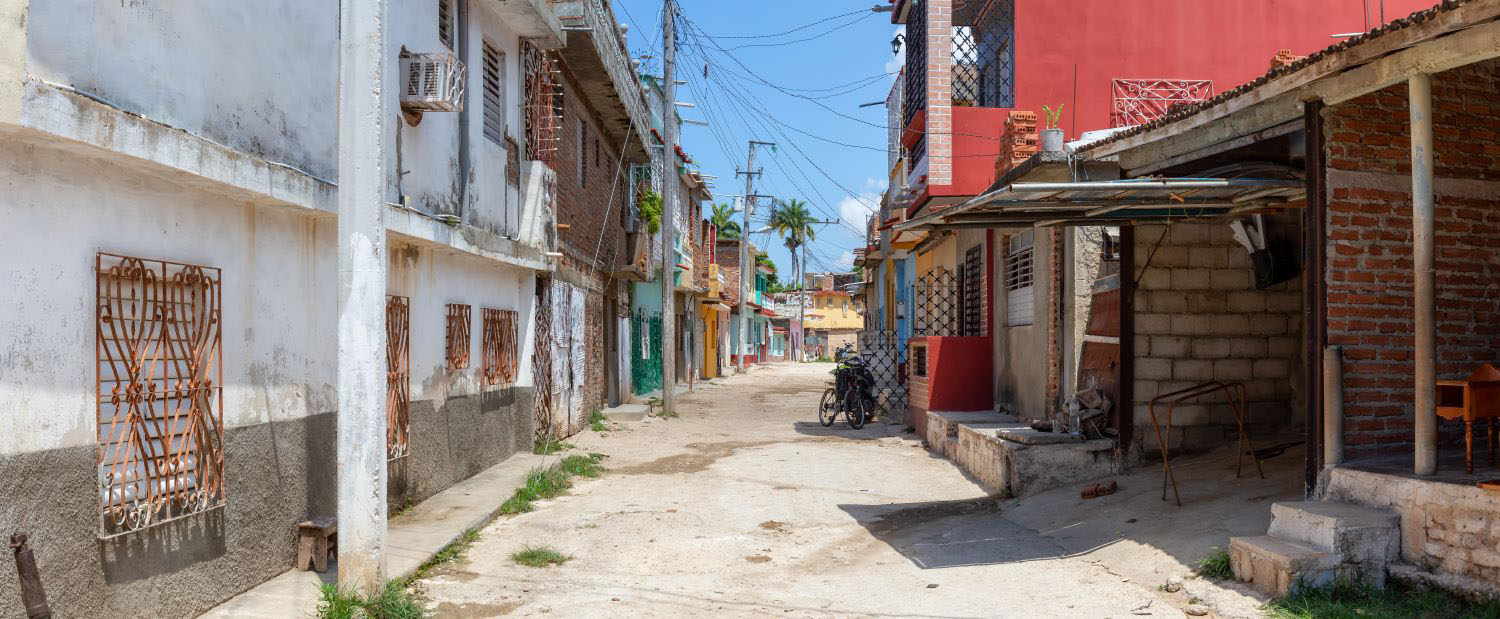More people are in need and for longer. That’s the global humanitarian crisis in a nutshell. Some 60 million people are displaced, including 19.5 million refugees. The largest group is made up of Syrians spilling into neighboring countries, in much higher numbers than are trying to reach Europe. But don’t forget the Horn of Africa, where the dust-blown Dadaab refugee camp is home to more than 300,000 Somalis (although Kenya wants to close it – without a suitable solution for its residents).
Refugee status is less and less temporary. The average time that someone remains a refugee is between 10 and 20 years – some Dadaab residents have lived there for two decades. Humanitarian assistance can’t keep pace with the growing need, and it doesn’t address the growing permanence. Why is this a development issue?
Firstly because developing countries – Lebanon, Jordan, Kenya – are hosting the largest shares of refugees. How can they cope with these flows and still aim to reduce poverty and increase opportunity?
Secondly because as crises stretch out over time, the necessary response becomes less about alleviating short-term emergencies and more about facilitating medium- and long-term development. In 2012, 80% of humanitarian assistance from the OECD went to long-term recipients, not short-term crises. In Lebanon, where more than a million Syrian refugees have swelled the population by 25%, agencies are already spending money on shoring up the creaking infrastructure, laying more water pipes, building schools – wait, isn’t that development?
Just before the World Humanitarian Summit, CGD hosted World Bank president Jim Yong Kim and David Miliband, president and CEO of the International Rescue Committee, to discuss what governments and international institutions should do to alleviate the suffering of people and the dilemmas of nations. You can hear some of what they had to say in this new edition of the CGD Podcast. And check out all the rest of our content on this pressing global issue, starting with our idea of how to turn ordeal into opportunity – the Humanitarian Investment Fund.
CGD blog posts reflect the views of the authors, drawing on prior research and experience in their areas of expertise.
CGD is a nonpartisan, independent organization and does not take institutional positions.





